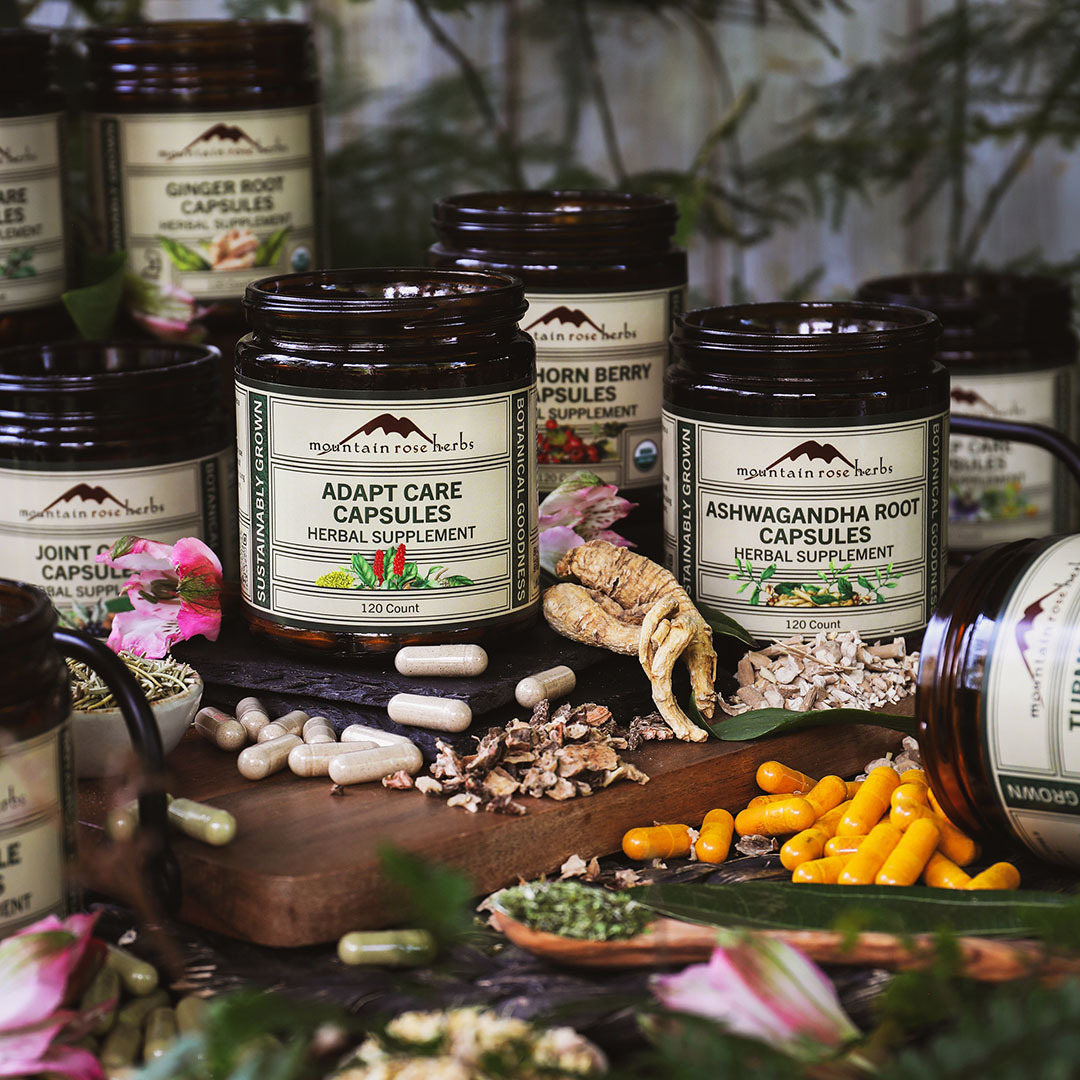As an Oregon Benefit Company, we are held accountable for our contributions to a healthier, more equitable world, which is at the heart of everything we do. It allows us to transparently measure and report our impact, reinforcing our dedication to sustainability, ethical practices, and the support of local and global initiatives.
